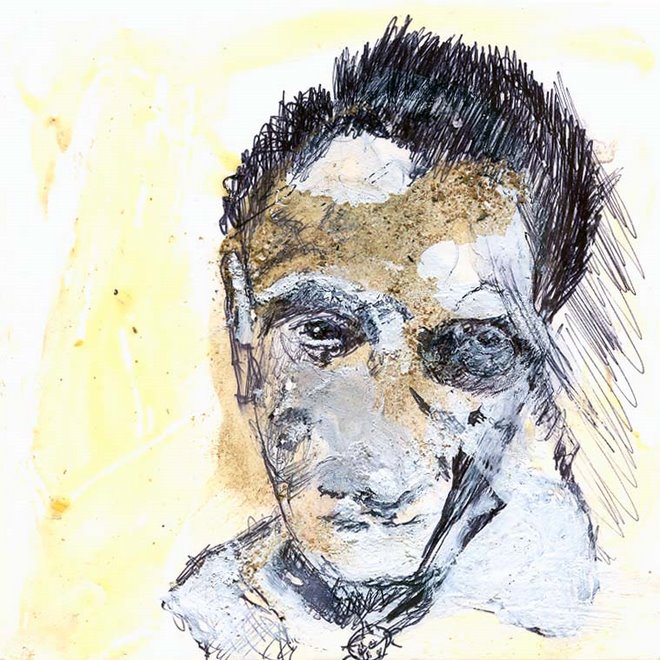Industry, our technological life-style, our culture of convenience and comfort needs (infinite) resources extracted from (finite) locations appropriated by colonizers (foreigners) who displace native peoples (muting or destroying indigenous cultures) or removing them by genocide or enslavement (stripping them of identity, renaming them, mangling their psyches). Industry blossoms into poisonous world-engulfing culture of machines and exploitation and conformists. Indigenous people's lands are looted, infrastructures built up fall into neglect and the people, finding themselves in unliveable zones, begin to migrate to the nations of their former occupiers and exploiters, who, ironically, won't let them inside.
Anna Badkhen paints the pictures in depth.
An excerpt from this very fine essay linking climate change, migration, geology, colonialism
"The UN Environmental Migration Portal adds that “in the context of climate change, some populations might not be able to move due [to] lack of resources, disability or social reasons (e.g., gender issues), and other[s] might choose not to move due [to] cultural reasons, such as the ancestral links people have with their land.” Might not be able to or might choose not to: how uncharacteristically vague for NGO-speak; how definition washes out into the indefinite, undefinable, actually and acutely human.
It is impossible to estimate how many people fit the description of “trapped populations,” writes the International Organization for Migration. “They are highly vulnerable populations, but data to inform action and protection are scarce”—though the World Bank by some means has calculated that by 2050 “trapped populations” will number 140 million people.
Note the adjectival construct “trapped.” Linguists call such constructs false passives, or stative or static passives, or resultative passives. “Trapped” represents a result, but it conceals the cause, obscures the continuing fault that is creating both the climate catastrophe from which people might need to (and might not be able to, or might choose not to) migrate, and the conditions that prevent them from doing so, that force them to be static. It does not address the unabating gap between the mostly white power structures that generate and foster and exacerbate climate inequality and the mostly poor, mostly Black and Brown communities that bear its brunt.
One policy paper I read warned that “trapped populations” was a label that “may reduce or remove an individual’s agency and independence in determining their own destiny.” (Another term relief organizations use to describe people who cannot, or do not, leave environments imperiled by climate change is “climate hostages.”) But it is the racist world order, which centers and upholds extractive industries and largely temperate-climate powers, that really does most of the determining. Scientists predict that almost one-fifth of our planet will be unlivable by 2070, at which time, unless they will have moved by then, 3.5 billion people—half of the world’s population today—will live in the unlivable zone. And why would they not have moved? “Trapped populations”: the term ignores the cognitive rift between the axiom that migration is a primary form of climate adaptation and the actuality that most destination geographies for migrants are responsible for the unfolding climate catastrophe and do all they can to keep out the people whose lives they have imperiled: they are doing the trapping. "
Also worth checking out, this article wherein a Korean research team uses computer modelling of the Earth's climatic history and correlates these with paleontological data concerning human habitations. Astronomically related periods of climate change influenced human evolution, where we could live and who among the hominin would adapt and move out of their niches, determining and shaping the paths we wander
"Even though different groups of archaic humans preferred different climatic environments, their habitats all responded to climate shifts caused by astronomical changes in earth's axis wobble, tilt, and orbital eccentricity with timescales ranging from 21 to 400 thousand years," said Axel Timmermann, lead author of the study and Director of the IBS Center for Climate Physics (ICCP) at Pusan National University in South Korea."









No comments:
Post a Comment